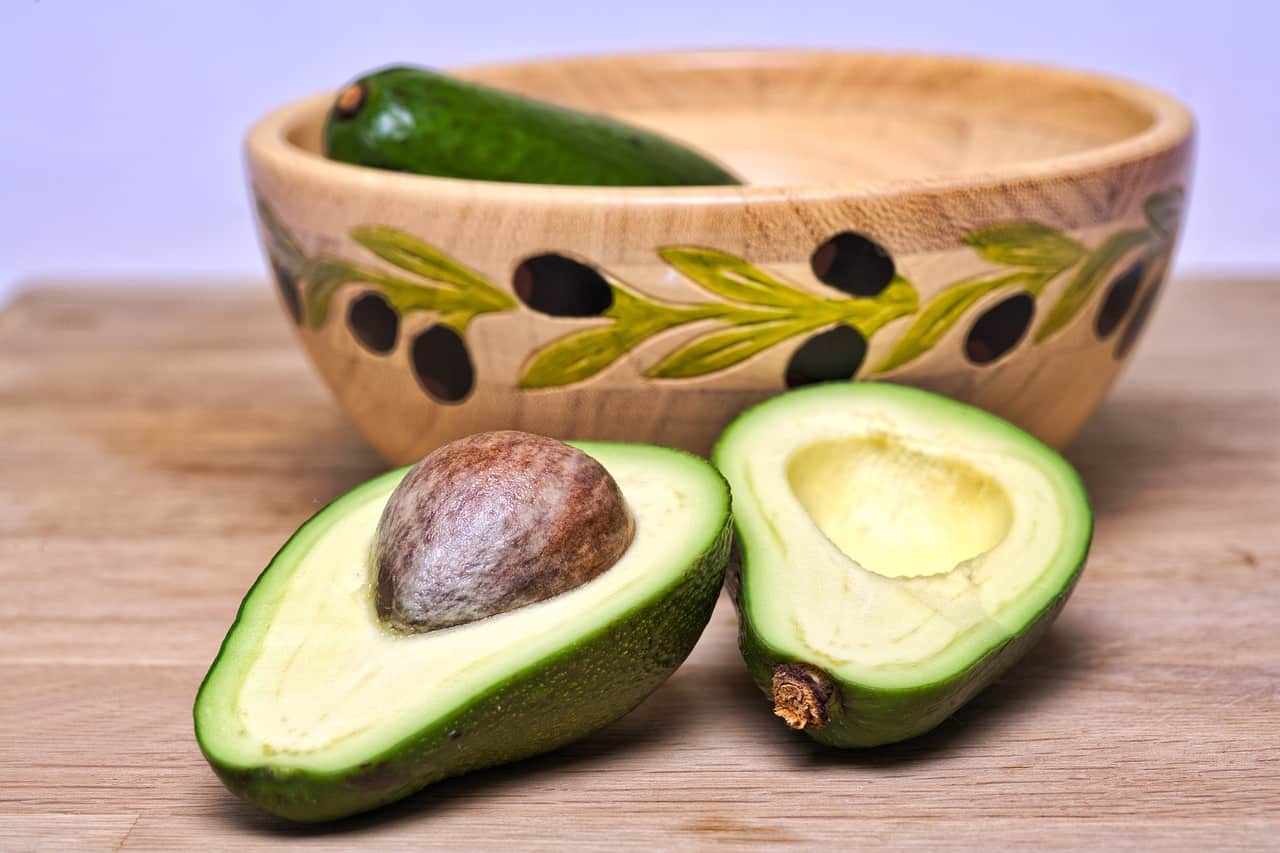Vitamin E for Peyronie’s disease treatment is a natural approach for management of a bent penis. More than half a century ago, vitamin E was first used to treat Peyronie’s disease because it was inexpensive and associated with mild side effects. Today, urologists still commonly prescribe vitamin E for men who are in the early, active stage of Peyronie’s disease because it is believed to inhibit the accumulation of scar tissue and reduce inflammation. The recommended dose of this potent antioxidant is 300 to 400 IU daily.
Studies of vitamin E for Peyronie’s disease treatment
There are some studies to support the use of vitamin E for treatment of Peyronie’s disease. However, the Association of Peyronie’s Disease Advocates does not recommend vitamin E for Peyronie’s disease treatment because there is no real evidence it works. A report was presented at the US National Institutes of Health conference in 1993, in which researchers said they had treated 105 men with oral vitamin E.
Their results of vitamin E for Peyronie’s disease treatment was a 99% reduction in pain and a 13% reduction in curvature. Seventy percent of the men had no objective change in their symptoms, however, and so the results are suspect.
A controlled study of 70 men with Peyronie’s disease reported in 2013 had different results. Two treatments were compared: (1) vitamin E plus verapamil, blueberries, propolis, and topical diclofenac; and (2) the same formula but without vitamin E. Treatment lasted six months. After six months, men in the vitamin E group showed a significant reduction in plaque size of 50.2 percent compared with 35.8 percent in the non-vitamin E group. An improvement in curvature of the penis was noted in 96.6 percent of men in the vitamin E group compared with 48.4 percent in the non-vitamin E group.
Side effects of vitamin E for Peyronie’s disease treatment
Vitamin E is generally considered to be safe. However, possible side effects may include blurry vision, diarrhea, fatigue, nausea, vomiting, and weakness.
Reference
Paulis G et al. Efficacy of vitamin E in the conservative treatment of Peyronie’s disease: legend or reality? A controlled study of 70 cases. Andrology 2013 Jan; 1(1): 120-28
